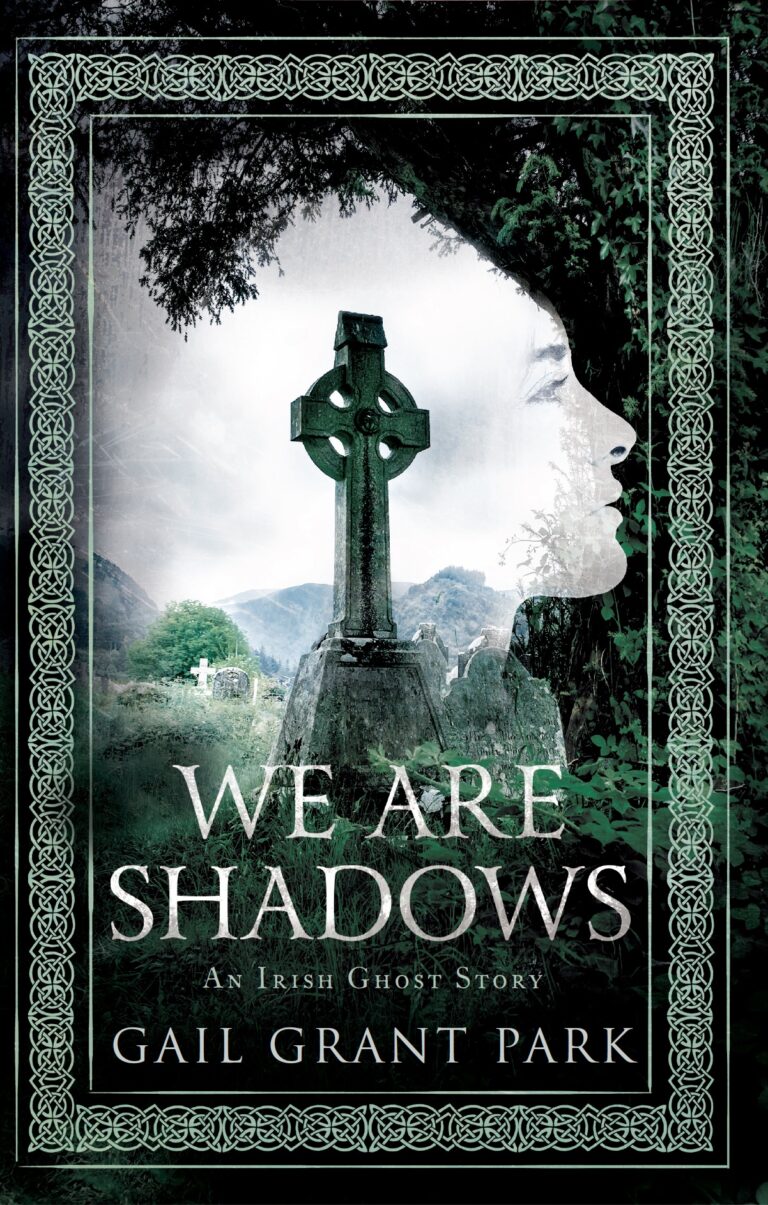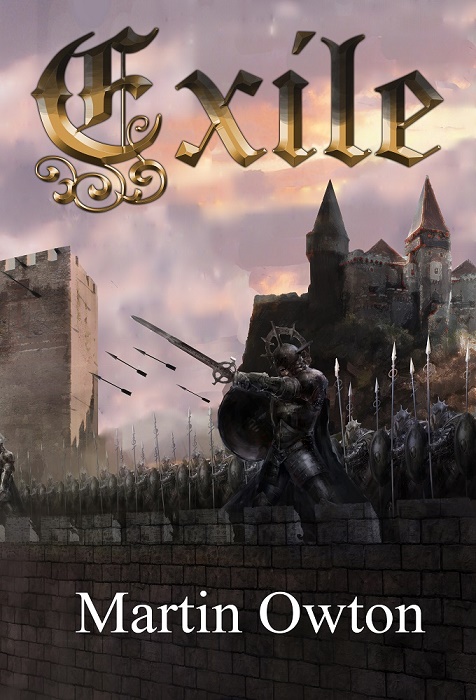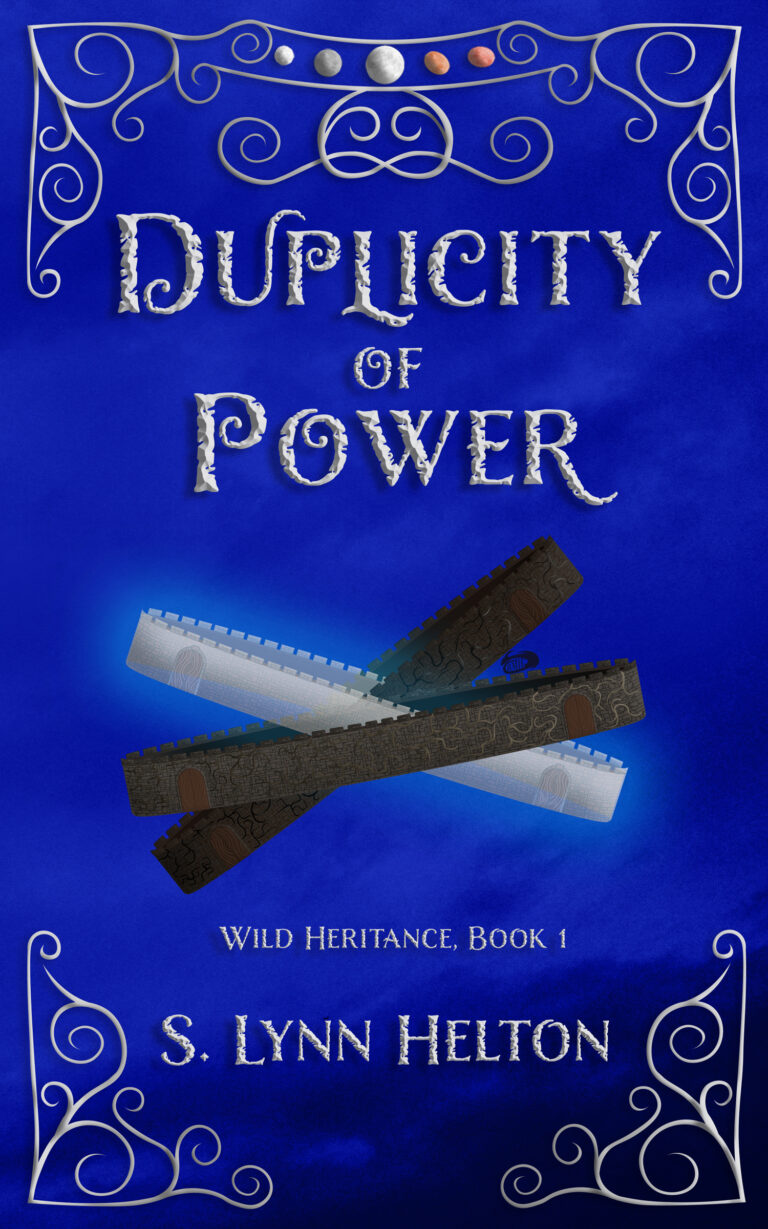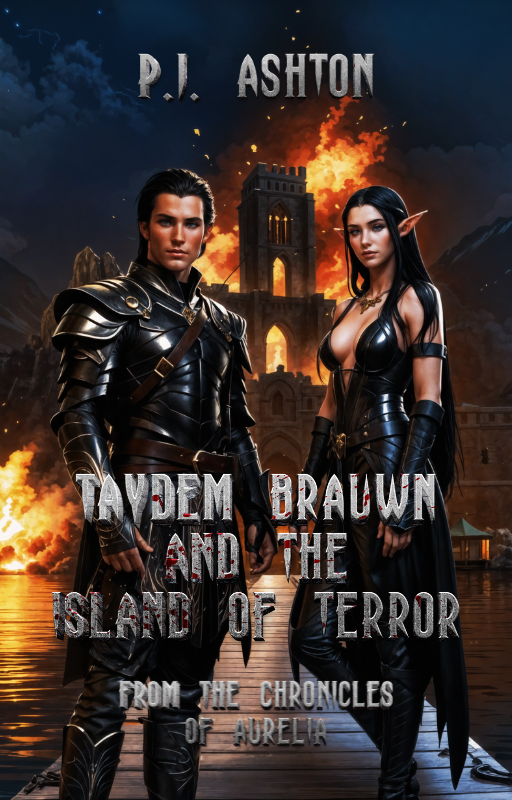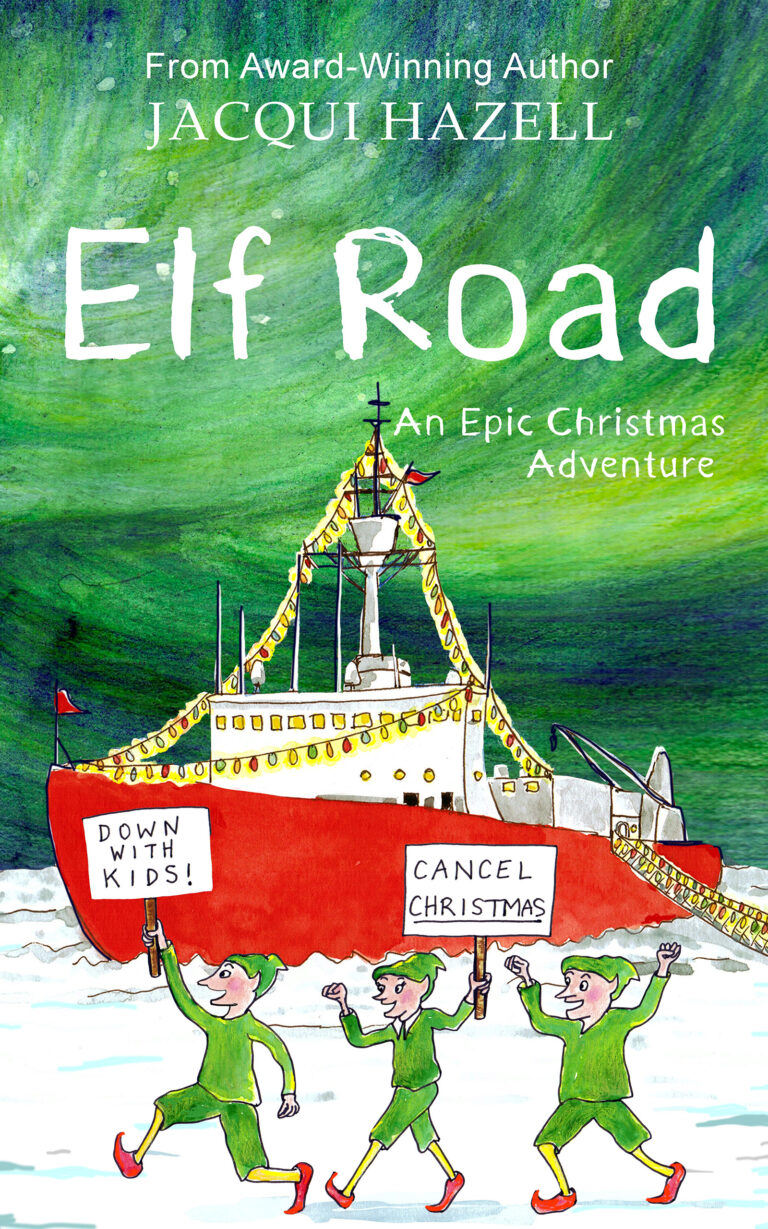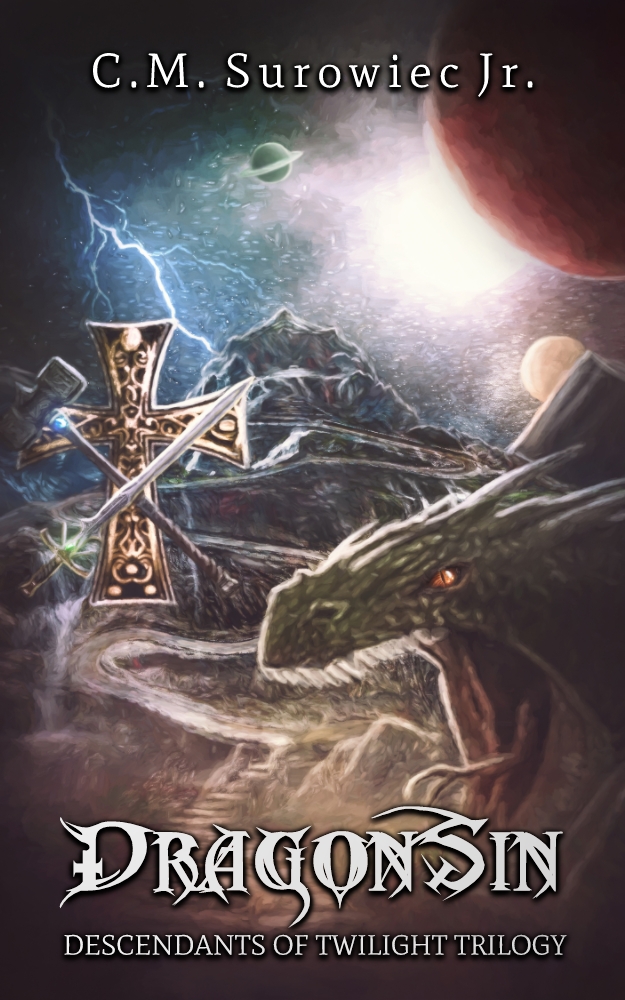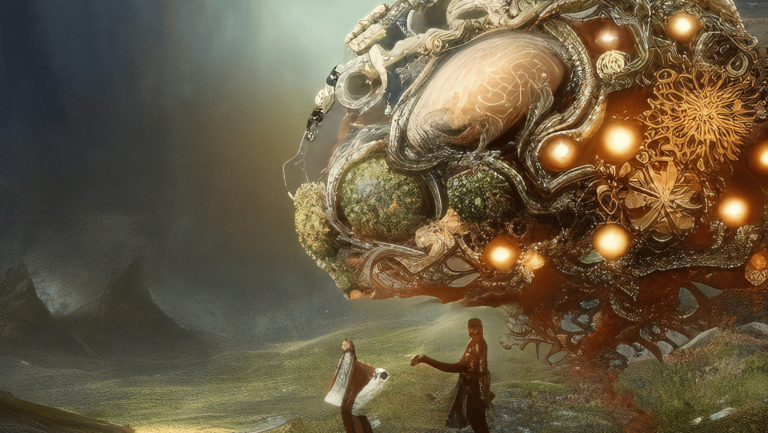In a world obsessed with speed – fast drafts, rapid publishing, instant fame – it feels almost rebellious to slow down. Yet for many authors, slowing down might just be the missing ingredient to deeper creativity, richer stories, and a more sustainable writing career.
Why the Rush? It’s tempting to measure success by word counts and book launches. We see writers publishing multiple books a year, and the pressure mounts: Am I doing enough? Am I falling behind?
But creativity isn’t a sprint – it’s a conversation with your mind, your memories, and your imagination. Sometimes, it needs silence. Sometimes, it needs space.
The Magic of “Slow Writing” Slow writing doesn’t mean procrastination or perfectionism. It means giving yourself permission to linger in the story world, to understand your characters beyond their plot roles, to explore side paths you might otherwise bulldoze past.
Slow writing allows you to:
-
Discover hidden themes you didn’t know you were weaving.
-
Develop richer, more authentic character arcs.
-
Write prose that surprises even you – because you weren’t racing to the end.
-
Rekindle your love for storytelling when burnout looms.
Historical Proof: Some of the most beloved novels took years (sometimes decades!) to complete.
-
Donna Tartt spent nearly a decade writing The Goldfinch.
-
J.R.R. Tolkien tinkered with The Lord of the Rings for over 12 years.
-
Harper Lee took two and a half years for To Kill a Mockingbird – and it changed literary history.
They weren’t wasting time. They were composting their ideas, letting them mature and deepen.
How to Practice Slow Writing Without Losing Momentum:
-
Daily Dives, Not Marathons: Write a little every day. Keep the conversation alive, even if it’s just a paragraph.
-
Revisit Scenes Before Moving On: Instead of racing to the next chapter, reread yesterday’s work slowly, savoring the mood and details.
-
Ask Bigger Questions: Instead of “what happens next?” ask “what does this moment mean?”
-
Trust the Process: Remind yourself that your best stories might not be the fastest ones.
Final Thought: The slow writer isn’t lazy. They are deliberate. They are craftsmen. They are poets hiding in a noisy world.
And sometimes, the stories that change readers’ lives are the ones that took the longest to tell.
So breathe. Slow down. Trust the story to unfold in its own time.
Your best book is waiting for you — at its pace, not the world’s.
What is one small change you could make today to give yourself permission to slow down and savor your writing? How do you imagine your writing would transform if you fully embraced a slower, more mindful process? Follow us on Facebook and Instagram for more insights, and share your stories in the comments!


